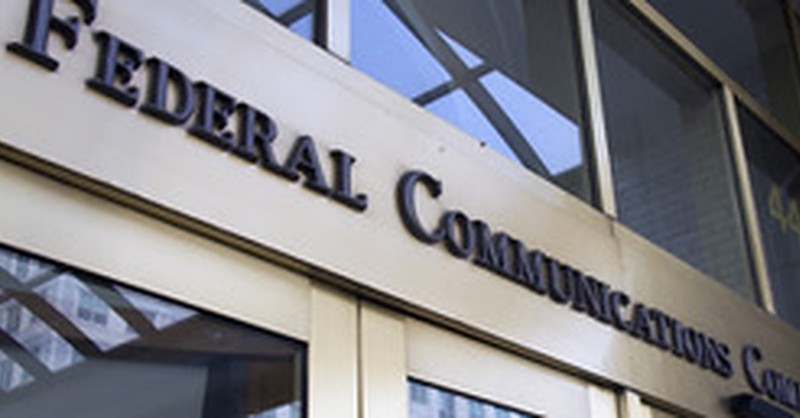In my blog post published on February 14, I addressed how the FCC possibly could be impacted by the outcome of cases testing the Trump administration's power to remove the heads of agency officials. Please see that post for background information regarding the significance of the Seila Law case on a president's power to remove a member of a multimember agency like the FCC.
Now, I want to call attention to a case that is the first one involving a president's removal power in which the Trump administration is asking the Supreme Court to intervene. It involves President Trump's effort, on February 2, to remove Hampton Dellinger, as head of the Office of Special Counsel. Here are the essential facts as recounted by Amy Howe on SCOTUSblog:
Dellinger was appointed by then-President Joe Biden and confirmed by the Senate for a five-year term beginning in 2024. The watchdog agency protects whistleblowers inside the government, independent from the sitting president. It is not related to DOJ special counsels like Jack Smith. Under the federal law creating the Office of Special Counsel, Dellinger could be removed by the president from his job only for “inefficiency, neglect of duty, or malfeasance in office.”
So far, President Trump's attempted firing of Mr. Dellinger, for which he gave no reason at all, has been temporarily blocked by United States District Court Judge Amy Berman Jackson, and a D.C. Circuit panel, in a 2-1 decision, refused to lift the temporary restraining order (TRO).
On Sunday, Acting Solicitor General Sarah Harris filed an emergency petition with the Supreme Court asking it to vacate the TRO so that President Trump's firing of Mr. Dellinger will be effective immediately. SG Harris declares that "[t]his case involves an unprecedented assault on the separation of powers that warrants immediate relief." She claims that the president possesses "unrestricted power to remove" agency heads, so that "preventing him from exercising these powers thus inflicts the gravest of injuries on the Executive Branch and the separation of powers."
It is impossible to predict what the Supreme Court will do in response to the Trump administration's emergency application. And it's important to stress that however the Court responds, such response may itself be of a temporary nature and not resolve the merits of the case or provide a basis for predicting the case's ultimate disposition.
Nevertheless, this and other cases involving a president's removal power bear close attention by FCC watchers – and, of course, FCC commissioners. So, a few observations are in order:
1. The SG's petition to the Supreme Court in the Dellinger case relies heavily on the Court's Seila Law decision, where, in dicta, the Court intimated that the seminal Humphrey's Executor case may no longer be sufficient to protect members of a multimember commission from removal by a president for any reason, especially if the agency exercises substantial executive power. In the her February 12 letter to Senator Dick Durbin to which I linked in my last post, the Acting Solicitor General makes clear that the Department of Justice no longer believes the tenure protection provisions contained in the FTC Act and similar statutes are constitutional. So, if this view ultimately prevails in the Supreme Court, a president's authority to remove an FCC commissioner without providing any reason would be assured.
2. Even if the Court does not go "full Seila Law" and accept the Trump administration's claim to unrestricted removal power for multimember agencies such as the FTC, the National Labor Relations Board, and the Consumer Product Safety Commission, it may rely, at least to some extent, on the tenure protection provisions contained in these agencies' enabling statutes. In material respects, they mirror the “inefficiency, neglect of duty, or malfeasance in office” language contained in the Office of Special Counsel statute now before the Supreme Court. As I pointed out in my previous post, the Communications Act contains no such explicit tenure protection limitation language.
The fact that the Communications Act lacks a tenure protection provision similar to those contained in the FTC and other agency enabling statutes – a fact underreported and little considered – possibly could be significant if there is ever a case involving a president's attempt to remove an FCC commissioner. It's possible it could be determinative.
A FINAL NOTE: Please understand that I am not advocating the removal of any FCC commissioner. In that regard, observe that generally I refer to "a" president's removal power, not "the" president's removal power. But as someone who has practiced, and been involved in, communications law and policy for nearly fifty years, I'm very interested in following all the now fast-brewing cases involving a president's removal power for what they could portend for the FCC. If you follow the FCC, you should be interested too!


















